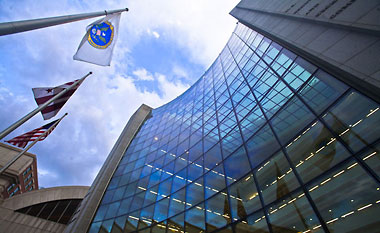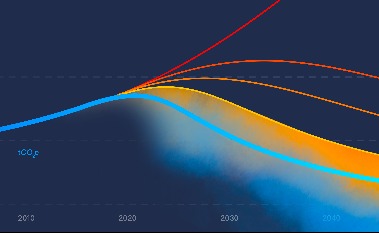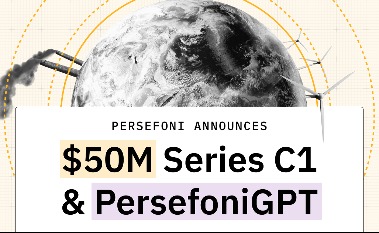Net-Zeroing the World
Technology Providing
What We Do
How It Works
When it Launches
Winter 2024
Benefits of Software
“What gets measured, gets managed.” – Peter Drucker, management guru
Having an accurate estimate of carbon, methane, and nitrous oxide emissions, heavy-emitting companies can better deploy mitigation strategies, such as, direct air capture for enhanced oil recovery, to reap the financial benefits of the Inflation Reduction Act’s (IRA) 45Q tax incentive and avoid penalties associated with excess emissions. Also, from 2024 onward, heavy-emitting companies with Scope 3 emissions accounting for greater than 40% of its GHG footprint will be required to report to the SEC. This tailor-made software will do the analysis and filing for you.
Methodology
To get accurate emission readings at the asset-level, only a hybrid-approach that incorporates a top-down approach with remote sensing and a bottom-up approach underpinned by emission-factor based methods can account for large, stochastic carbon, methane, and nitrous oxide emissions.
Remote sensing can provide on-site, primary data inputs to Oil Production Greenhouse Gas Emissions Estimator (OPGEE) for upstream emissions and the Petroleum Refinery Life-Cycle Inventory Model (PRELIM) for midstream emissions, two underlying models provided by Oil Climate Index + Gas (OCi+).
The Scopes platform can bring transparency to emission-intensive sectors at scale and to companies currently underreporting or self-reporting. Accuracy can empower shareholders and stakeholders to pinpoint net-zero efforts for maximal impact.
Industries Serving
Oil & Gas
Utilities
Mining
Agriculture & Food and Beverage
Forestry
Chemicals
Crypto Assets
Government Agencies
Textiles
Manufacturing
Data Centers
Restaurants And Beverages
Coal
Steel
Transportation
History

December 2022
Speaker at the Caribbean Energy, Oil & Gas Summit (CEOGS) Port of Spain, Trinidad & Tobago
Industry Related Articles

SEC Proposes Rules to Enhance and Standardize Climate-Related Disclosures for Investors
The required information about climate-related risks also would include disclosure of a registrant’s greenhouse gas emissions.

The time for public companies to prepare to meet SEC climate rules is now
The SEC estimates that the first-year cost of complying with the proposal will be $640,000 for companies.

Understanding the SEC’s proposed climate risk disclosure rule
The US Securities and Exchange Commission (SEC) has a proposed a new rule that, if adopted, would require public companies.

Announcing our Series B & new advisory team to grow our global business
We work with companies like Airbnb, sweetgreen, DoorDash, Warby Parker, Twitter, Flexport, and Shopify.

Leading Climate Tech Company, Persefoni Announces $50 Million Series C1 and Next AI
Persefoni, a leading Climate Management & Accounting Platform (CMAP) for enterprises and financial institutions.
